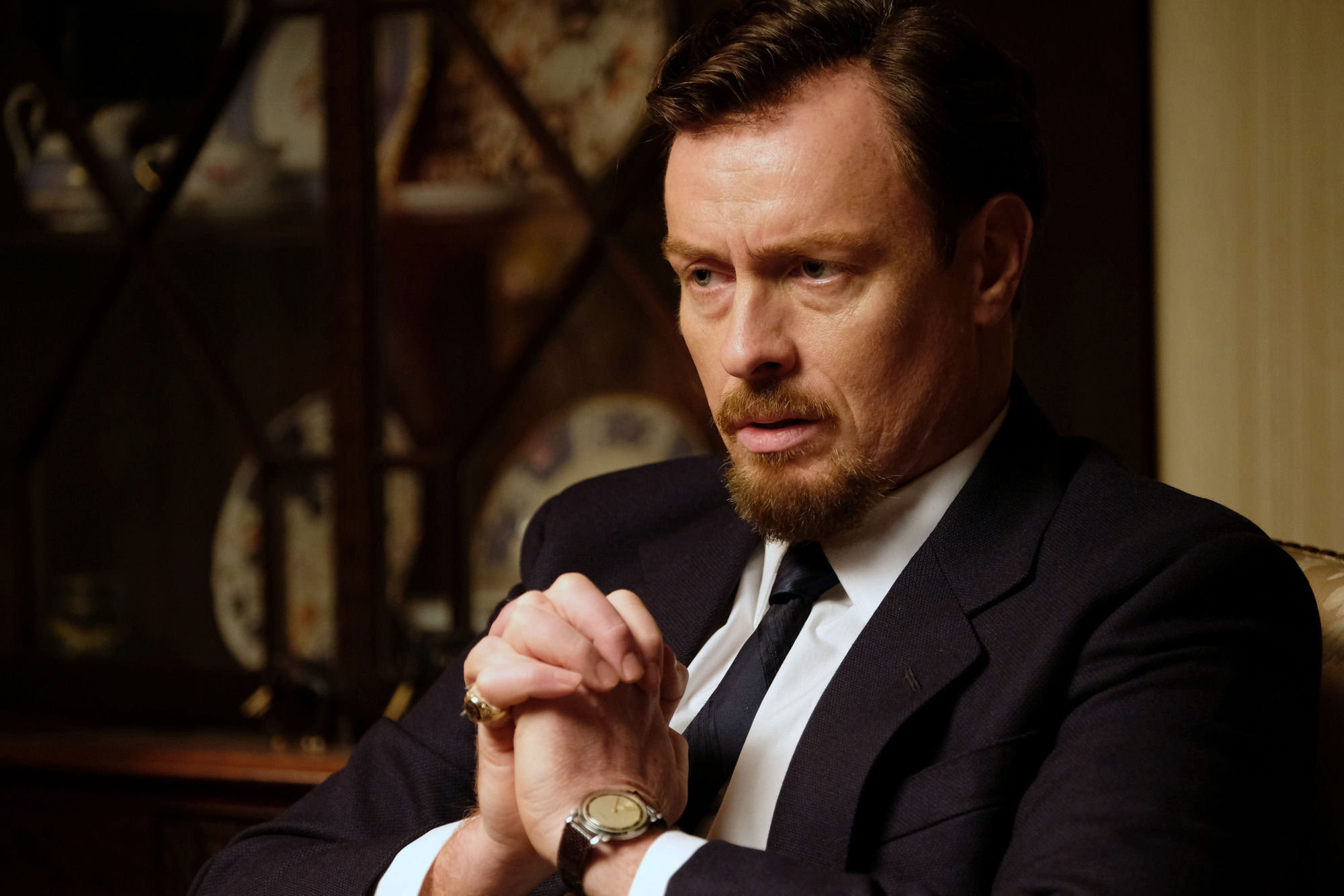Keeley Hawes and Toby Stephens have signed up for Stephen Poliakoff’s Cold War BBC drama.
Timothy Spall and Linus Roache will also star in the semi-autobiographical, six-part series, penned and directed by the dramatist.
Summer Of Rockets features Die Another Day actor Stephens as a 40-something Russian Jewish emigre, approached by MI5 to gain information about his newly acquired friends.

The BBC2 drama will be set against the backdrop of Britain testing its first hydrogen bomb and is billed as a “personal insight into this unforgettable time in British history, through a lens very close to his (Poliakoff’s) heart.”
Poliakoff’s family came to the UK from Russia.
Stephens said Poliakoff, whose dramas include Dancing On The Edge, Gideon’s Daughter and The Lost Prince, was a “unique and original voice in British television.”
And he added: “It’s also good to be filming something back home in the UK for the BBC. It’s been a while.”
Durrells star Hawes said: “I have wanted to work with Stephen for years, so I’m delighted to be part of such a wonderful cast, and can’t wait to spend the summer with them all.”
Roache said the drama felt “shockingly relevant” despite being a “brilliantly intricate exploration of Britain’s struggle for identity in the 1950s.
“That might be 60 years ago now but Stephen’s story provides a fascinating reflection of the kind of intrigue and mistrust we find ourselves in the midst of again in the world today,” he said.
